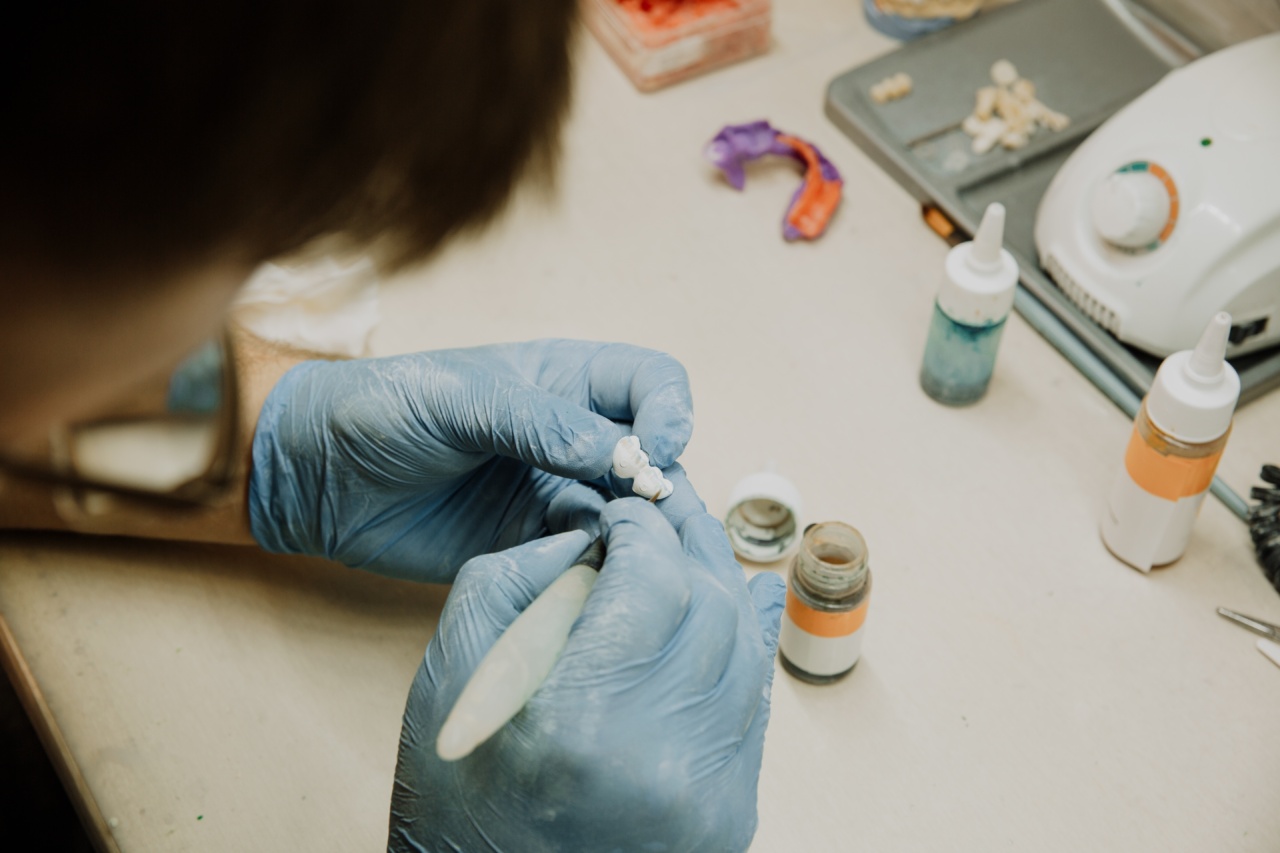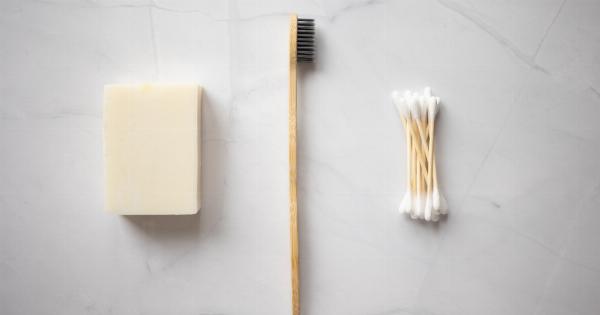Bad breath, also known as halitosis, can be embarrassing and unpleasant. It affects people of all ages and can be caused by a variety of factors, including poor oral hygiene, gum disease, certain foods, and medical conditions.
While modern dental experts may recommend mouthwash and other products for combating bad breath, our grandmothers had their own tried-and-true remedies.
In this article, we’ll explore some of their tips for banishing bad breath and improving oral health.
Oil Pulling
Oil pulling is an ancient Ayurvedic practice that involves swishing oil around in the mouth for several minutes to remove bacteria and toxins. Grandmothers may have used coconut oil or sesame oil for this practice.
Research has shown that oil pulling can help reduce bad breath and improve oral hygiene. One study found that oil pulling with coconut oil was as effective as mouthwash at reducing levels of bacteria in the mouth.
Baking Soda
Baking soda is a common household item that our grandmothers may have used for a variety of purposes, including freshening breath.
Mixing baking soda with water to create a paste and brushing it on the teeth and tongue can help neutralize odors and kill bacteria.
However, it’s important not to use baking soda too often, as it can be abrasive and damage the enamel on teeth with excessive use.
Fennel Seeds
Fennel seeds have long been used as a digestive aid and breath freshener. Our grandmothers may have recommended chewing fennel seeds after meals to freshen breath naturally.
Research has shown that chewing fennel seeds can help reduce bad breath and increase saliva production, which can help rinse away bacteria and food particles in the mouth.
Citrus Fruits
Citrus fruits like lemons, limes, and oranges contain natural acids that can help combat bad breath. Grandmothers may have recommended drinking lemon water or sucking on a lemon wedge to freshen breath.
However, it’s important to be cautious with citrus fruits, as the acid can erode tooth enamel with excessive use.
Drinking lemon water through a straw or rinsing the mouth with water after consuming citrus fruits can help minimize any potential damage.
Clove Oil
Clove oil is a natural antiseptic and anti-inflammatory that has been used for centuries to relieve toothaches and freshen breath. Our grandmothers may have recommended adding a drop of clove oil to toothpaste or water to swish around in the mouth.
Research has shown that clove oil can help reduce bad breath and relieve inflammation in the gums. However, it should be used in moderation, as excessive use can cause pain and irritation.
Mint
Mint is a popular herb that has long been used to freshen breath and aid digestion. Our grandmothers may have recommended chewing on fresh mint leaves or drinking mint tea to combat bad breath.
Research has shown that mint can help reduce bad breath and improve oral hygiene by killing bacteria in the mouth. Adding mint leaves to water and swishing it around in the mouth can also help freshen breath naturally.
Tea Tree Oil
Tea tree oil is a natural antiseptic and anti-inflammatory that has been used to treat a variety of ailments, including bad breath. Our grandmothers may have recommended adding a drop of tea tree oil to toothpaste or water to swish around the mouth.
Research has shown that tea tree oil can help reduce bad breath and improve oral hygiene. However, it should be used in moderation, as excessive use can cause irritation and sensitivity.
Hydrogen Peroxide
Hydrogen peroxide is a common household item that has long been used as a natural cleaning agent and oral rinse.
Our grandmothers may have recommended mixing hydrogen peroxide with water to create a mouth rinse for freshening breath and reducing bacteria.
Research has shown that hydrogen peroxide can help reduce bad breath and improve oral hygiene. However, it should be used in moderation, as excessive use can cause irritation and dryness.
Tongue Scraper
A tongue scraper is a tool used to remove bacteria and debris from the surface of the tongue. Our grandmothers may have recommended using a tongue scraper to improve oral hygiene and freshen breath.
Research has shown that using a tongue scraper can help reduce bad breath and improve oral hygiene by removing bacteria and food particles from the tongue.
It’s important to use a gentle touch when using a tongue scraper to avoid causing irritation or damage to the tongue.
Conclusion
While modern dental care has advanced significantly in recent years, our grandmothers had their own effective remedies for combating bad breath and improving oral hygiene.
From oil pulling to fennel seeds to hydrogen peroxide, these natural solutions can help freshen breath and keep teeth and gums healthy.































